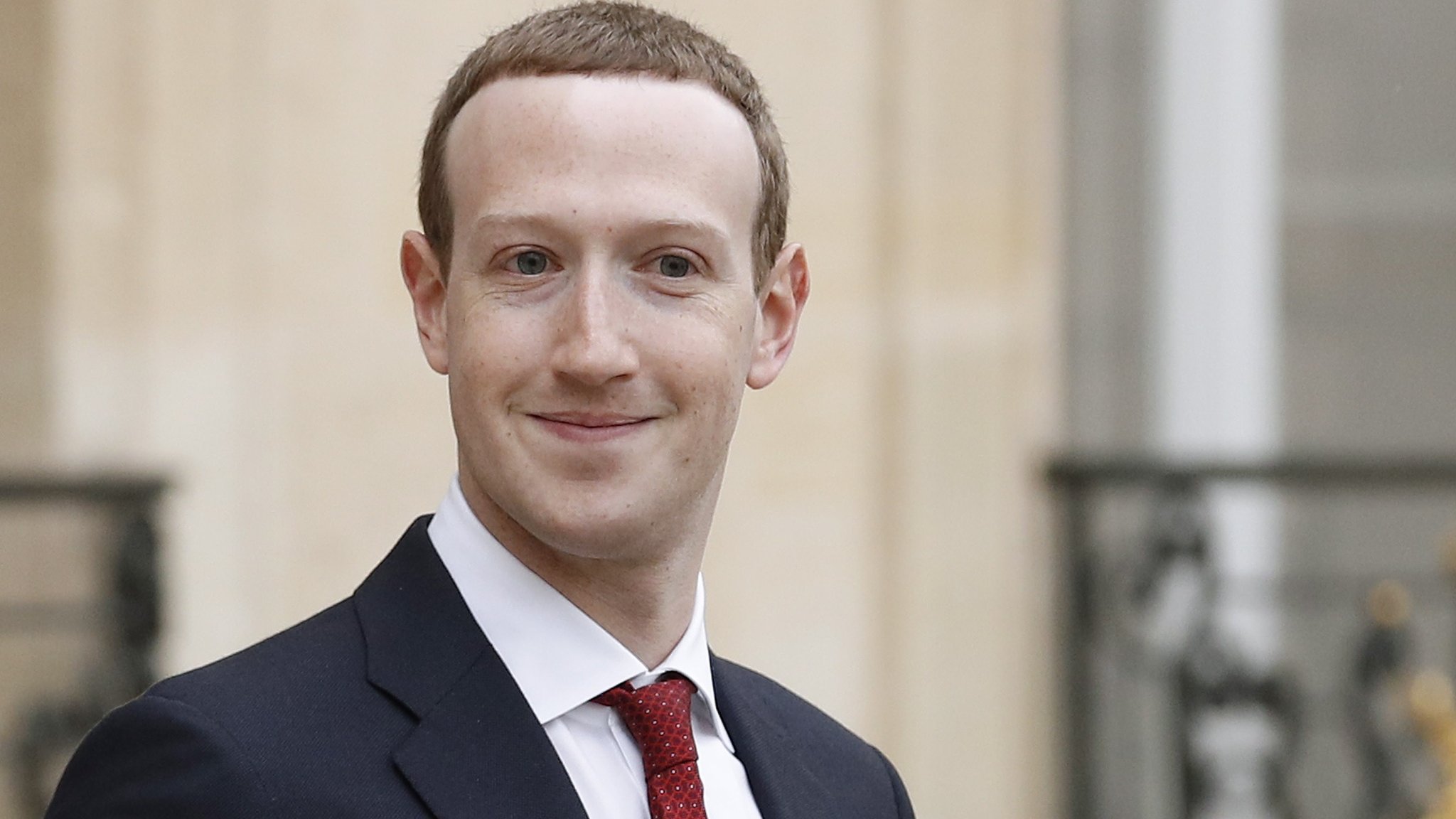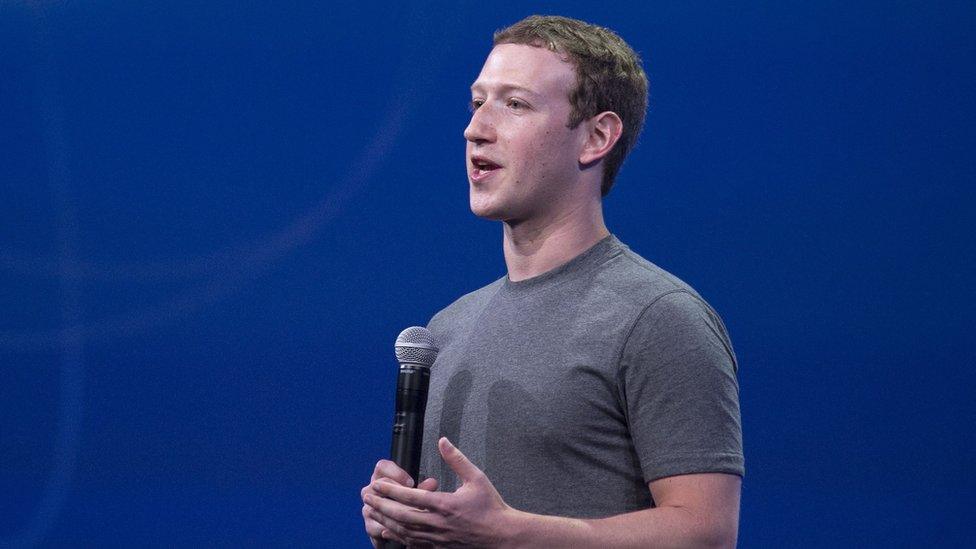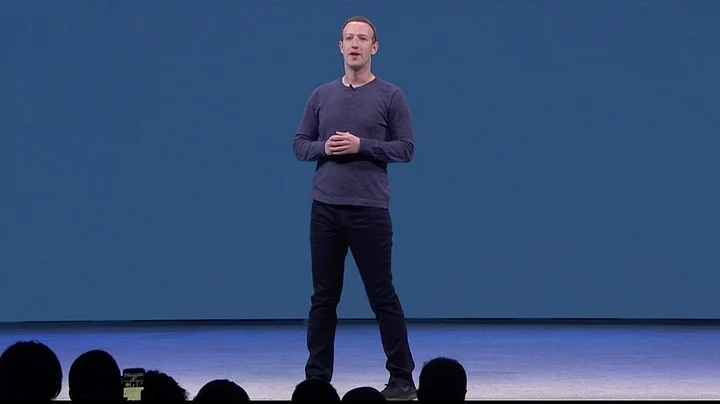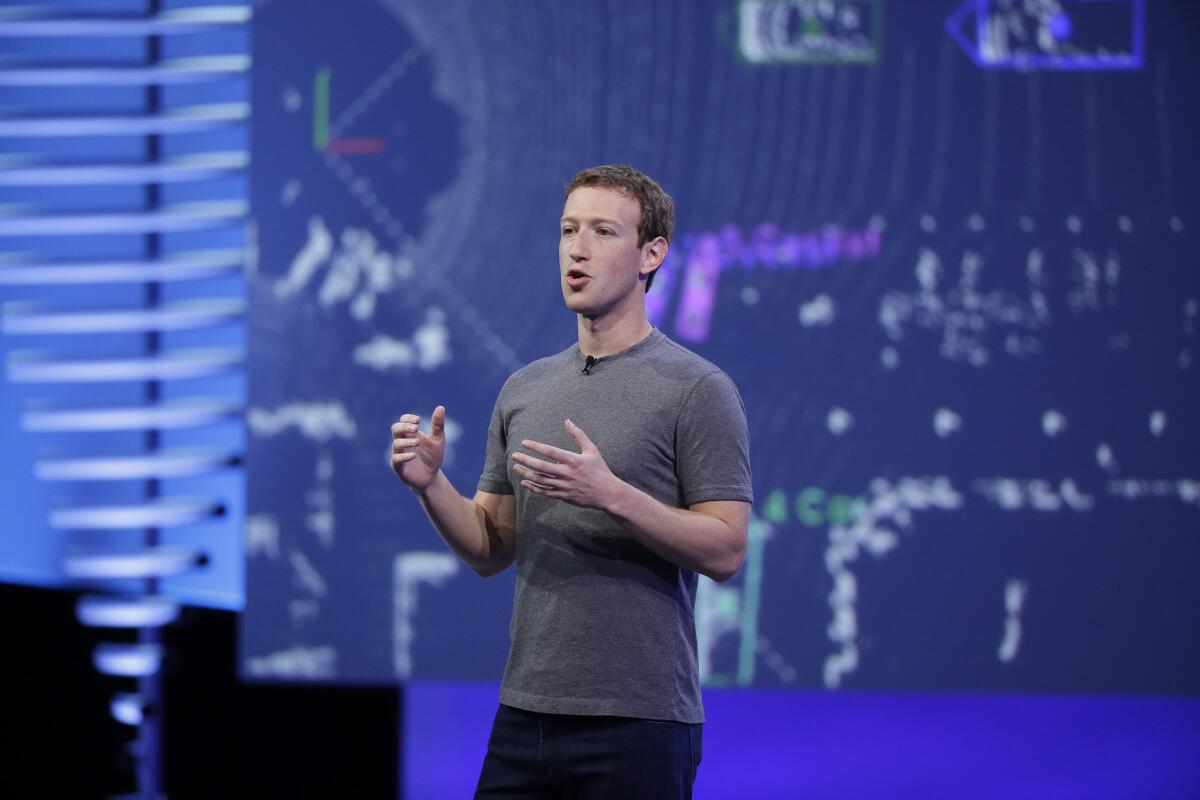
Mark Zuckerberg has become one of the most controversial figures in the tech world, largely due to his ambitious ideas about the future of Meta, particularly his vision for AI-driven virtual relationships.
In a recent interview with podcaster Dwarkesh Patel, Zuckerberg laid out his idea that AI chatbots could be the solution to the growing loneliness epidemic, proposing that people’s need for connection could be filled by artificial friends.
This unsettling statement is a reflection of the direction Zuckerberg wants to take Meta, focusing on virtual, AI-generated connections rather than fostering real human relationships.
Zuckerberg pointed out a shocking statistic during the interview: the average American reportedly has fewer than three close friends, while most people desire around 15. This discrepancy, according to him, signals a societal issue that AI could resolve.

With his characteristic belief in technology's potential, Zuckerberg suggested that AI chatbots could fulfill the role of companions for those who feel disconnected from others. But is this really the solution to a growing problem, or is it simply a way to expand Meta’s reach into another deeply personal area of people’s lives?
The concept of using AI to combat loneliness is not new, but Zuckerberg's endorsement brings a new level of legitimacy to it. He suggested that AI chatbots could become a common substitute for real human interactions, filling the gap left by a lack of genuine friendships.
However, while his intentions may be noble, the execution of such a plan is fraught with ethical, psychological, and technical issues. Zuckerberg himself admitted that society has yet to develop the "vocabulary" to properly understand what it would mean to seek connection from an AI.
Despite the hype surrounding AI chatbots, Zuckerberg acknowledged the stigma surrounding this technology. He conceded that the technology is still in its early stages and that the societal shift toward relying on chatbots for companionship and emotional support is far from a reality.
But his comments reflect a larger trend in Silicon Valley, where companies are pushing technologies that may not be fully ready for widespread adoption. Zuckerberg's belief in AI as a cure-all for social problems is a risky move, especially when the technology is still so immature.
In fact, Meta’s AI has faced multiple ethical and safety concerns. Recent reports from the Wall Street Journal and 404 Media highlighted significant issues with Meta's AI chatbots, such as exposing underage users to explicit content and enabling users to create bots that falsely claimed to be licensed therapists.

These problems reflect the dangers of implementing such advanced technologies without fully understanding their implications. Meta’s failure to adequately address these concerns raises questions about the responsibility companies have when deploying AI technologies in sensitive areas like mental health and social interaction.
The technical shortcomings of AI chatbots also cannot be ignored. Currently, large language models used in these chatbots suffer from issues like hallucinations, inconsistencies, and a lack of logical reasoning.
While some AI models are improving, these gaps in performance suggest that chatbots may not be ready to handle complex human emotions or provide meaningful companionship. If the technology is not yet capable of offering accurate advice or engaging in realistic conversations, can it truly replace real human connections?
Despite these challenges, Zuckerberg continues to push forward with his vision of AI-driven social interactions. His desire to innovate and explore new forms of connection is admirable, but there is a fine line between innovation and exploitation.
Meta’s track record with its previous ventures, particularly the disastrous launch of the metaverse, raises serious doubts about whether Zuckerberg’s latest project will succeed. The metaverse was meant to be a new virtual world for people to hang out, but instead, it has been a financial flop, wasting billions of dollars while failing to attract significant user engagement.
Zuckerberg's focus on AI chatbots seems to be an extension of his previous attempt to create virtual worlds. However, this new endeavor may face similar challenges.

While the metaverse promised to change the way people interact online, it failed to meet expectations, and now Zuckerberg is hoping that AI will fill the void. Yet, just like the metaverse, the idea of AI-driven friendships is a tough sell.
People are increasingly wary of technology that invades their personal lives and manipulates their interactions for profit.
One of the biggest concerns with Zuckerberg's vision is that it could lead to a society where real human connections are replaced by artificial ones. As AI chatbots become more integrated into daily life, the line between genuine human relationships and programmed interactions could blur.
This shift could have profound consequences on society, particularly when it comes to mental health. If people start relying on AI for emotional support, it could erode their ability to empathize with and connect to real people.
Experts have warned about the dangers of relying on AI for emotional and social fulfillment. Studies have shown that interacting with AI could diminish a person’s social skills and make them less likely to engage in meaningful conversations with real people.
If this trend continues, it could result in a society where human empathy is replaced by algorithmic responses, leading to deeper isolation and disconnection.
Rather than alleviating loneliness, AI chatbots might inadvertently deepen it by replacing authentic human interactions with artificial ones.
Zuckerberg's vision for AI chatbots also raises questions about the ethical implications of using AI to replace real human connections. The idea of AI-controlled relationships opens up the potential for manipulation and exploitation.
With Meta's vast access to personal data, it is not hard to imagine how AI could be used to influence people’s opinions, desires, and behaviors. This could be particularly troubling when applied to vulnerable individuals who turn to AI for companionship or guidance.
At its core, Zuckerberg’s push for AI-driven relationships is about profit. As the CEO of Meta, he is responsible for generating revenue for the company. By encouraging people to engage with AI chatbots, Meta stands to gain massive amounts of data that can be monetized.
The more people interact with AI, the more information Meta can gather about their preferences, habits, and emotional states. In turn, this data can be used to refine Meta’s algorithms, improve advertising targeting, and increase profits.
As Zuckerberg continues to push for AI-driven connections, it’s important to consider whether this technology is truly in the best interest of society. While AI has the potential to improve many aspects of our lives, using it to replace real human interactions could have unintended consequences.

Instead of fostering connection, it could undermine the very thing it claims to improve. Whether AI chatbots will become a widespread solution to loneliness or an even greater societal problem remains to be seen.
In conclusion, Zuckerberg’s vision for AI chatbots as a cure for loneliness is an ambitious one, but it raises serious ethical, technical, and societal concerns. The technology is still in its infancy, and there are many hurdles to overcome before it can provide meaningful relationships.
Moreover, relying on AI to solve emotional and social problems could have unintended consequences, leading to further isolation and diminished empathy. As Meta pushes forward with this new initiative, it’s crucial to consider the potential risks and rewards of replacing human connections with artificial ones.
The future of AI-driven relationships may not be as bright as Zuckerberg envisions, and society must tread carefully when embracing this new technology.

-1748252582-q80.webp)


